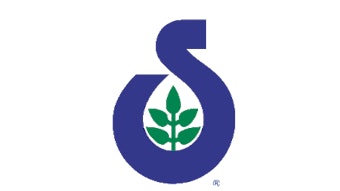The latest addition to the Food Chemicals Codex (FCC) compendium from the U.S. Pharmacopeial Convention (USP) (Rockville, Maryland) will feature a new method for determining the bio-based content of food ingredients, as a response to more consumers and manufacturers wanting to minimize their environmental impact and use ingredients from natural sources. This method will be included in the compendium as an appendix, and it can determine the amount of a food ingredient that is derived from renewable carbon sources, such as plant- or animal-based, versus other raw materials commonly used to produce food additives, such as petroleum wax and mineral oil. The method uses carbon isotope signatures, and it allows stakeholders to verify the labeled percentage of a food ingredient that is bio-based. It can also be used for counterfeit detection.
The new FCC Forum also includes the proposed standards for ARA (arachidonic acid) infant formula ingredients; monk fruit extract; krill oil; international ingredients; and other proposed new standards, such as yeast beta glucan and l-theanine. More information is available at www.usp.org/fcc/fccForum.html.









